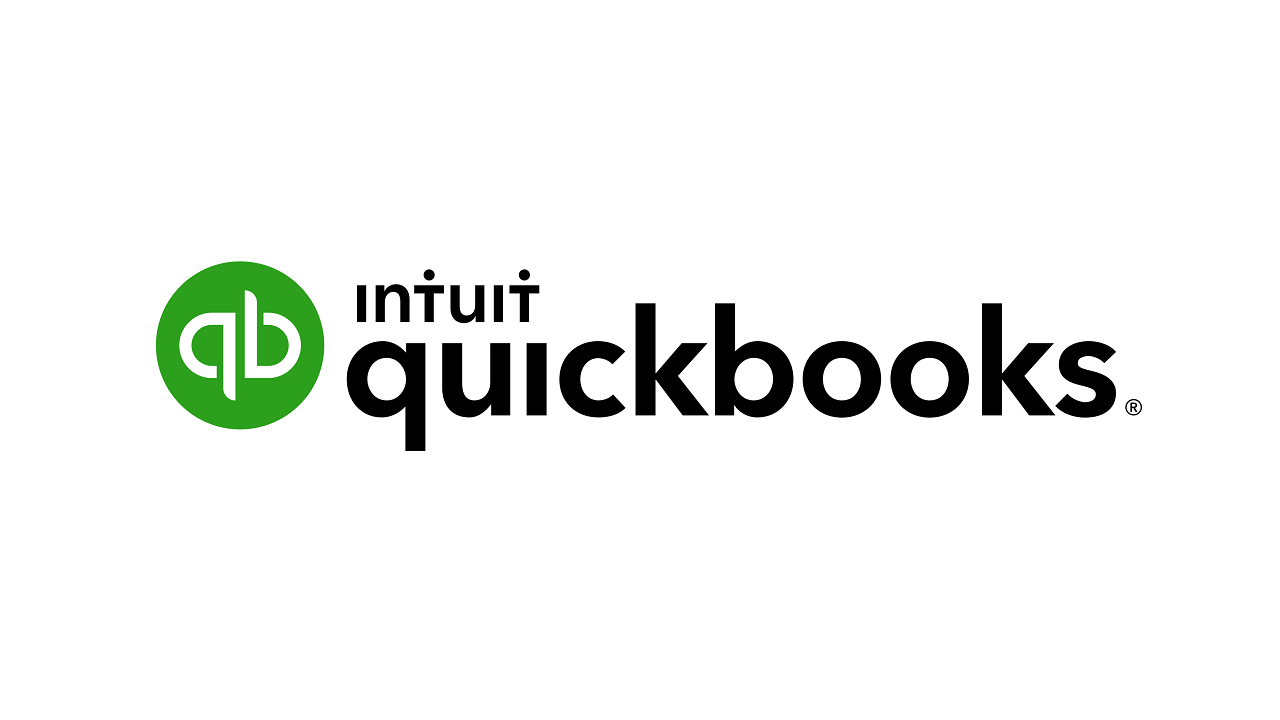Last Updated on: 22nd November 2023, 11:05 am
QuickBooks is an accounting software that is designed to help small and medium-sized businesses manage their finances. It offers a range of features, including invoicing, payroll, and inventory management, all in one place. QuickBooks is available both as a desktop application and an online service, making it easy for businesses to access their financial data from anywhere.
QuickBooks Online is the cloud-based version of QuickBooks, which allows users to access their financial data from any device with an internet connection. It offers all the same features as the desktop version, but with the added benefit of being able to access your data on the go. QuickBooks Online also offers a range of integrations with other business tools, such as CRM and payment processing software, making it a versatile solution for small and medium-sized businesses.
What is QuickBooks?
QuickBooks Overview
QuickBooks is an accounting software designed for small and medium-sized businesses. It is developed by Intuit and offers a range of features to help businesses manage their finances. QuickBooks is available in two versions: QuickBooks Desktop and QuickBooks Online.
QuickBooks Desktop is a software that is installed on a computer and requires regular updates. QuickBooks Online is a cloud-based software that can be accessed from anywhere with an internet connection. Both versions offer similar features, with QuickBooks Online being more flexible and accessible.
QuickBooks Features
QuickBooks offers a range of features to help businesses manage their finances. Some of the key features include:
- Invoicing: QuickBooks allows businesses to create and send professional invoices to customers. It also tracks the status of invoices and sends reminders for unpaid invoices.
- Expense tracking: QuickBooks allows businesses to track expenses by linking bank accounts and credit cards. It also allows businesses to upload receipts and categorise expenses.
- Payroll: QuickBooks offers payroll services that allow businesses to pay employees and file payroll taxes. It also offers tools to manage employee time and track vacation and sick leave.
- Reporting: QuickBooks offers a range of reports to help businesses understand their finances. Reports include profit and loss, balance sheet, and cash flow statements.
Overall, QuickBooks is a powerful tool for businesses looking to manage their finances. Its range of features and flexibility make it a popular choice for small and medium-sized businesses.
QuickBooks Plans
QuickBooks Pricing
QuickBooks offers four different pricing plans for its online accounting software, each with different features and capabilities. The plans are:
- Simple Start: This plan costs £12 per month and allows for one user. It includes basic features such as income and expense tracking, invoicing, and receipt capture.
- Essentials: The Essentials plan costs £20 per month and includes up to three users. It adds features such as bill management and time tracking.
- Plus: This plan costs £30 per month and includes up to five users. It adds features such as inventory tracking and project profitability analysis.
- Advanced: The Advanced plan costs £45 per month and includes up to 25 users. It adds features such as custom user permissions and enhanced customisation options.
QuickBooks Features by Plan
Each QuickBooks plan offers different features and capabilities, depending on the needs of the user. Here is a breakdown of some of the key features offered by each plan:
- Simple Start: This plan is best for freelancers or sole proprietors who need basic accounting features such as income and expense tracking, invoicing, and receipt capture.
- Essentials: The Essentials plan is ideal for small businesses that need to manage bills, track time, and generate reports for tax purposes.
- Plus: The Plus plan is designed for growing businesses that need to manage inventory and track project profitability.
- Advanced: The Advanced plan is best for larger businesses that need advanced customisation options and custom user permissions.
Overall, QuickBooks offers a range of pricing plans to fit the needs of different types of businesses. From basic features for freelancers to advanced customisation options for larger businesses, QuickBooks has a plan that can help manage accounting needs.
Using QuickBooks
Setting Up QuickBooks
Before you can start using QuickBooks, you need to set it up. The setup process involves creating a company profile, connecting your bank accounts, and configuring your preferences. Setting up QuickBooks can be done in a few simple steps, and the software will guide you through the process.
Navigating QuickBooks
Once you have set up QuickBooks, you can start using it to manage your business finances. The software has a user-friendly interface that makes it easy to navigate. The main dashboard provides an overview of your business finances, including your income, expenses, and cash flow. You can access different sections of the software, such as invoices, expenses, and payroll, from the main menu.
Creating Invoices
QuickBooks makes it easy to create professional-looking invoices. You can customize your invoices with your business logo and branding. You can also add details such as the customer name, due date, and payment terms. Once you have created an invoice, you can send it to your customer directly from QuickBooks.
Managing Expenses
QuickBooks allows you to track your business expenses. You can categorize your expenses and attach receipts to each transaction. The software also allows you to set up recurring expenses, such as rent or utilities. This makes it easier to manage your cash flow and stay on top of your expenses.
Managing Payroll
QuickBooks offers a payroll service that allows you to manage your employee payroll. You can set up employee profiles, track their hours, and calculate their pay. The software also takes care of tax calculations and filing. This makes it easier to manage your payroll and stay compliant with tax regulations.
Managing Inventory
QuickBooks allows you to track your inventory levels and manage your stock. You can set up different products and track their quantities. The software also allows you to create purchase orders and receive stock into inventory. This makes it easier to manage your stock levels and ensure that you have enough inventory to meet customer demand.
In conclusion, QuickBooks is a powerful tool for managing your business finances. It allows you to track your income, expenses, and cash flow, as well as manage your payroll and inventory. With its user-friendly interface and powerful features, QuickBooks is a must-have for any business owner looking to streamline their finances.
Reporting and Analysis
QuickBooks offers a range of reporting and analysis tools to help you better understand your business finances. These tools enable you to track your sales, expenses, and cash flow, and generate reports that provide insights into your business performance.
QuickBooks Reports
QuickBooks Reports is a powerful reporting tool that allows you to generate a range of reports based on your financial data. These reports can be customized to show the information you need, such as income and expense reports, balance sheets, and profit and loss reports. You can also create reports to track your sales, inventory, and payroll.
QuickBooks Dashboards
QuickBooks Dashboards is a feature that provides a visual representation of your business performance. The dashboard displays key performance indicators, such as sales, expenses, and cash flow, in an easy-to-understand format. You can customize the dashboard to show the information that is most important to you, such as your top-selling products or your outstanding invoices.
In addition to QuickBooks Reports and Dashboards, QuickBooks offers a range of other reporting and analysis tools, such as time tracking, sales tax tracking, and cost of goods sold tracking. These tools enable you to track your business finances in real-time, and generate reports that provide insights into your business performance.
Overall, QuickBooks provides a range of powerful reporting and analysis tools that can help you better understand your business finances. Whether you are an accountant, a business owner, or a finance professional, QuickBooks can help you track your sales, expenses, and cash flow, and generate reports that provide insights into your business performance.
QuickBooks Integrations
QuickBooks offers various integrations that can make accounting and bookkeeping tasks much more manageable. Here are a few notable integrations:
QuickBooks Payments
QuickBooks Payments is a payment processing service that enables users to accept online payments from customers. It allows users to accept credit cards, debit cards, and ACH bank transfers. QuickBooks Payments is integrated with QuickBooks Online, making it easy to track and manage payments received from customers.
QuickBooks Payments also offers competitive rates for credit card processing, making it an excellent option for small businesses looking to save money on payment processing fees. Additionally, it automatically syncs transactions with QuickBooks Online, saving time and reducing the risk of errors.
QuickBooks and TurboTax
QuickBooks and TurboTax are both owned by Intuit, and they are integrated to make tax preparation and filing easier for users. QuickBooks Online users can easily transfer their financial data to TurboTax, which can help them identify tax deductions and ensure they are filing their taxes correctly.
The integration between QuickBooks and TurboTax is seamless, and it can save users a significant amount of time and money. By using both QuickBooks and TurboTax, users can ensure that their financial data is accurate and their taxes are filed correctly.
In conclusion, QuickBooks offers several integrations that can help users manage their financial data more efficiently. QuickBooks Payments and the integration between QuickBooks and TurboTax are just a few examples of how QuickBooks can make accounting and bookkeeping tasks much more manageable.







